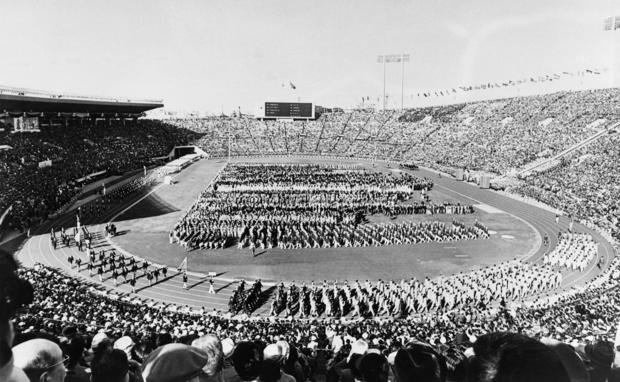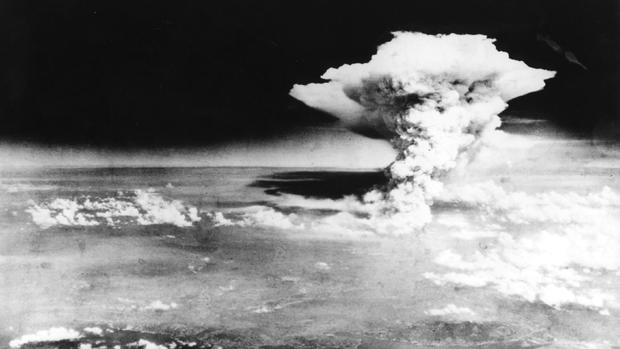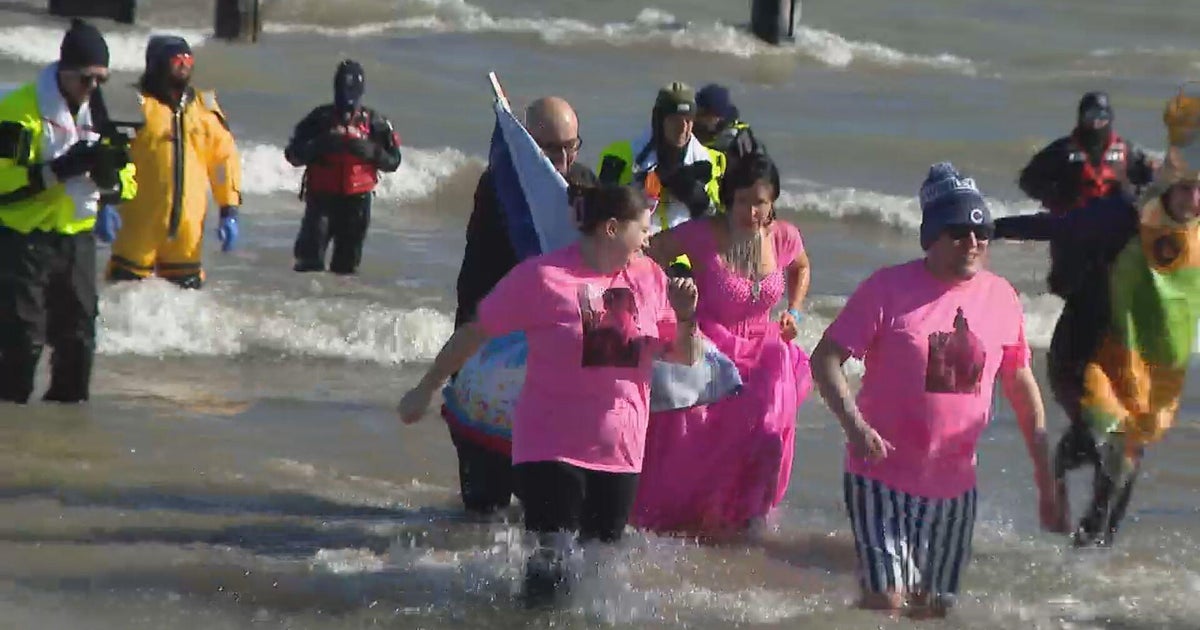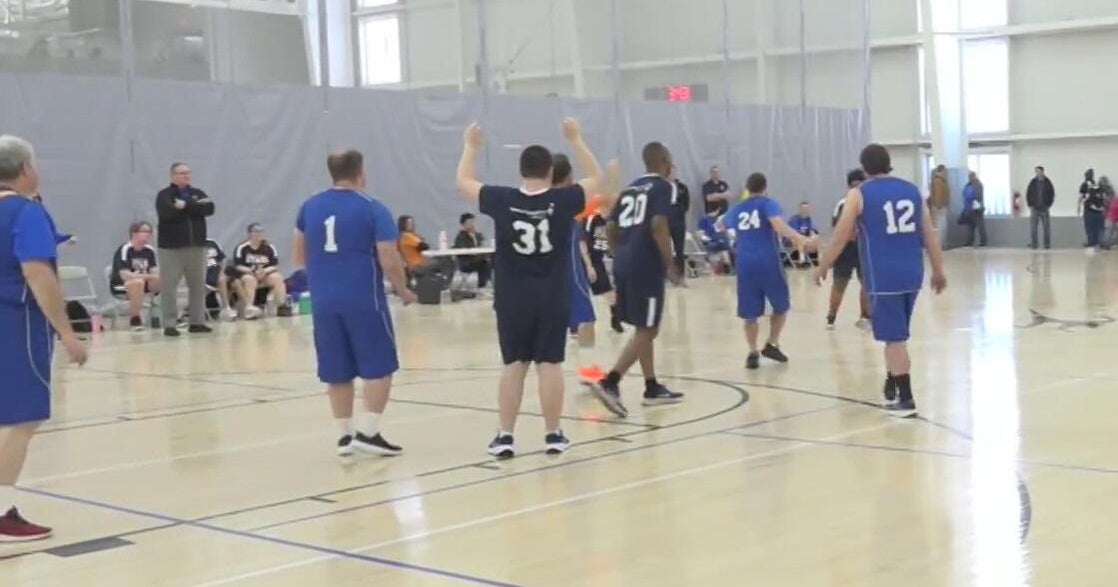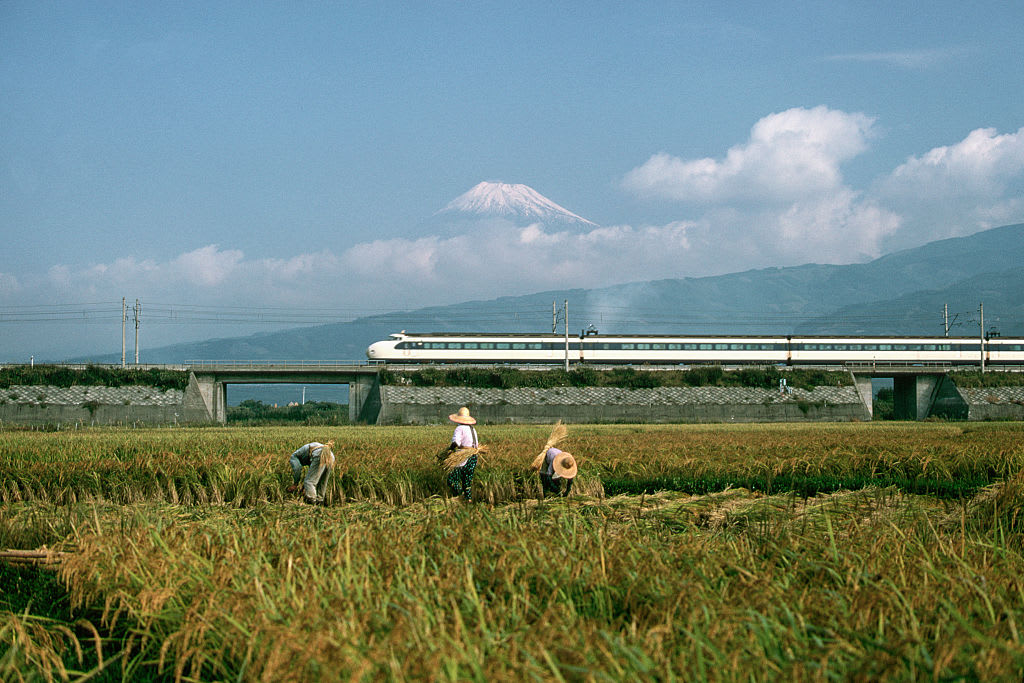With the Tokyo Summer Games, Japan hoped for a 2nd Olympic rebirth. But things were different in 1964.
Tokyo — Blogger and author Roy Tomizawa hails from Queens, N.Y., but his spiritual home is the Komazawa Olympic Park in western Tokyo. It is the site of a remarkable chapter in Japanese history: The original Tokyo Olympics, of 57 years ago.
Komazawa Park now serves as a leafy oasis for weekend warriors, but it once thrummed with the spectacle of history, and Tomizawa is a walking compendium of some of its most obscure and amusing arcana.
In his book, "1964: The Greatest Year in the History of Japan," a collection of athlete memoirs and trivia, he recalled how residents in at least one Tokyo ward were urged to upgrade their plumbing, in the highly unlikely event a foreign visitor ended up, in distress, on their doorstep. Learning English — or at least a few key phrases like "How may I help you?" was seen as almost a civic imperative.
"I don't think anyone expected to master English in that short amount of time," Tomizawa said, as he showed a CBS News crew around some of the old Olympic venues. "I think the thing was just a sense of wonder and awe that the world would come back to Japan."
Come back, that is, a short 19 years after Japan's total defeat in World War II.
The seeds of this year's Olympic Games arguably were planted in 1964, when the challenge of hosting the XVIII Olympiad mustered the collective enthusiasm and efforts of the nation, from the emperor on down. Every Japanese seemed to be on the same team — pumped up about welcoming the 5,151 mostly-male athletes (only 13% of competitors were women back then) and other participants for the Games, and determined to pull off a perfect Olympics. In fact, the event would be dubbed the "Happy Olympics."
"I don't think I can imagine a time that Japan was more aligned in its mission to get the country back on its feet and to make sure that the Olympics was a fantastic show that impressed the heck out of the rest of the world. That was a singular mission, down to the kids across the country," said Tomizawa, who was born exactly one year before the Tokyo Olympics opened on October 10, 1964.
One of the standout stories of '64 was the Japanese women's volleyball team. After being soundly defeated by the Japanese women, the much brawnier Soviet team dubbed them the "Oriental Witches."
It was a title the Japanese embraced. "Basically, everyone was watching the championship," Tomizawa said. "And when they won, basically an entire nation cheered at exactly the same time."
Tomizawa said the then-100-million-strong nation of strivers itself seemed to have fully imbibed and embodied the Olympic motto: "citius, altius, fortius" — faster, higher, stronger. Olympians who arrived expecting a war-torn landscape and stores selling cheap toys, instead found themselves gawking at brand-new superhighways, one of the world's few monorails, and the fastest train on Earth.
In Tomizawa's book, British track and fielder Robbie Brightwell recalled landing in Tokyo and heading straight to an ophthalmologist to get gas-permeable contact lenses, on his pilot's advice. "And he said, 'for the first time, I could actually see the lanes on the track,'" recalled Tomizawa. "People were surprised at how advanced, actually, Japan was at that time."
Watch company Seiko elbowed out the usual Swiss companies that recorded Olympic times — Omega and Longines — to grab the contract to supply timers, despite zero experience in the field. Its invention — a device that timed and printed out results — ended up deciding the winners of the women's 80-meter hurdles final.
But the smashing success of 1964 is proving a hard act to follow, casting a long shadow over this summer's Olympics. Observers say it helps explain why Japan is so determined to push ahead with the Games despite widespread public opposition amid the global pandemic.
"When Japan first hosted the summer games in 1964, this marked a cultural and economic revival of Japan — Japan's reentry into global society, post-World War II," Jack Anderson, who teaches sports law at the University of Melbourne in Australia, told CBS News. Tokyo's first Olympics were "a very important moment for many members of the generation who are now in political control of Japan."
Former Prime Minister Shinzo Abe, who led the campaign for Tokyo to host what was then supposed to be the 2020 Summer Games, recalled fond memories of the first Olympics as a 10-year-old boy; his grandfather, Nobusuke Kishi, was Japan's prime minister in 1964.
Still grappling with the 2011 earthquake, tsunami and Fukushima nuclear catastrophe, and prolonged economic malaise, Japan launched its bid for the 2020 Games in hope of another Olympics-fueled do-over, Smith College economist Andrew Zimbalist told CBS News.
"What 1964 represented was Japan's re-entry into the Western world as an accepted partner, as a country that had a tremendous amount of economic potential and opportunity," Zimbalist said, calling it "a real victory, at least psychologically, in terms of world politics and world trade."
The 2020 Games, he said, are being positioned, "as 1964 all over again… these games were being touted as 'now Japan is coming back. We're ready to be full participants and successful participants in world politics and world trade,' just like they were saying back in 1964.
"So this was supposed to be not just the normal Olympic Games, but this is a very special historical event for Japan. And in that sense as well, there's a tremendous loss, I think," Zimbalist said, calling it "one of the reasons why it would be more difficult for the Japanese government to step away and say, 'Okay, we lost — we gave up all those great things we were talking about, they're not going to happen.'"
This time, however, the Olympics has divided, not united the country… and recapturing that old Olympics magic has never seemed more elusive.
